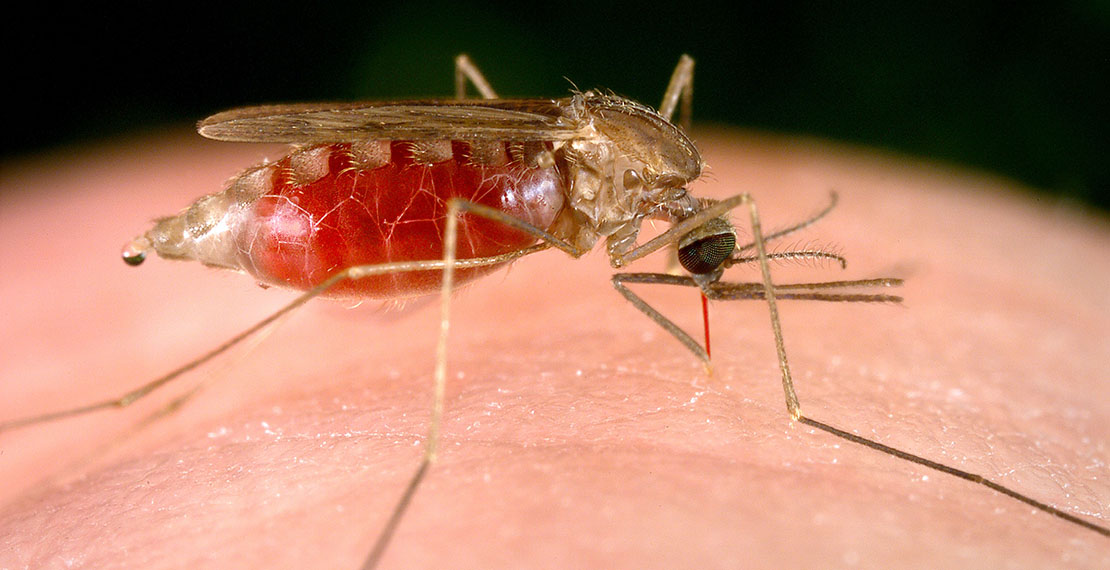The United Nations children agency UNICEF says it remains committed to supporting South Sudan in combating the threat of malaria in the country.
Hamida Ramadan, the agency’s country representative, said malaria is a major health issue that affects children more than anybody else in South Sudan, leading to deaths and hindering the health care.
The humanitarian official said her agency is committed to supporting the Ministry of Health in malaria detection, prevention and treatment.
“As we all know, malaria is a major health threat, that is for sure, especially here in South Sudan,” she said.
“It is affecting children more and more than anybody else, causing mortality and also hindering the health care. So, we know, Malaria continues to rank among the top three causes of child deaths here in South Sudan.”
Hamida was speaking in Juba, at the launch of a 167-million-dollar Global Fund to fight against AIDS, Tuberculosis and Malaria in South Sudan from 2024-2026.
“We UNICEF, as a global fund principal recipient, we remain committed to support the Ministry of Health in malaria detection, prevention and treatment,” Hamida added.
According to Malaria Consortium South Sudan, approximately 95% of South Sudan is endemic of malaria, with high transmission in the country throughout the year.
This means more than 2 million people who are at risk of malaria nationwide.
The disease is caused by parasites and mosquitoes through bites but can be treated and prevented by vaccines, chemotherapy and vector control.
In December 2023, the Global Fund to fight AIDS, Tuberculosis and Malaria confirmed the seventh Grant Cycle (GC7) to consolidate gains and strengthen the national response to HIV, tuberculosis and Malaria in South Sudan over the 2024-2026 period.
The grant was finally launched by the organization and the South Sudan Ministry of Health on Wednesday, February 14, 2024.

